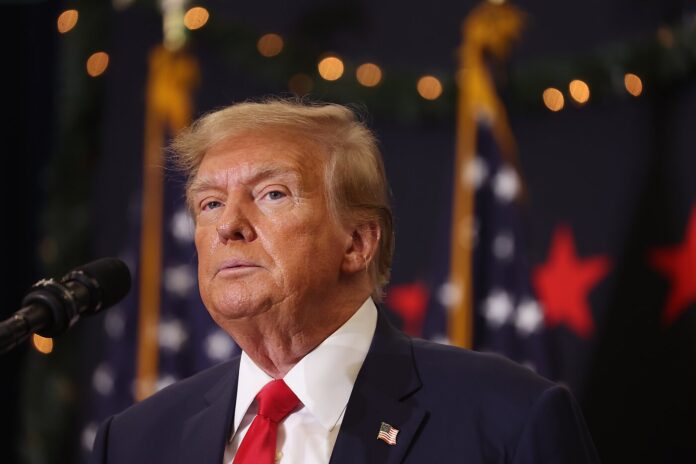General Alexus Grynkewich struck a confident tone as he took command of NATO’s military operations, declaring that today’s threats are “no match” for the alliance. But for all the military posturing, his comments betray a deeper misconception: military might alone won’t preserve NATO — economic unity and strategic coherence will. And both are visibly fraying.
This is the uncomfortable truth: NATO is not united, certainly not economically. President Trump, who appointed General Grynkewich, has spent years berating NATO members for not spending enough — yet simultaneously pummeled European allies with tariffs and now threatens further trade friction. An alliance that projects unity on the battlefield but fractures in the boardroom cannot be counted on in the long run.
If Trump really valued NATO’s strategic cohesion, he would have spared key allies from his economic crusades. But his rhetoric and policy suggest that economic cooperation is conditional and disposable — even among allies. This is not how a serious alliance functions.
Meanwhile, NATO’s adversaries aren’t just competing militarily — they’re winning economically. China, for example, has extended its global influence not by tanks or fighter jets, but through the Belt and Road Initiative, rare earths dominance, strategic port investments, and control of key supply chains. They’re playing a long game NATO doesn’t seem ready for.
And let’s not forget that Russia’s war in Ukraine — despite immense Western financial and military support — has not collapsed its economy. Quite the opposite: sanctions have forced Russia into deeper alignment with non-Western economies, creating a multipolar economic bloc that NATO, as a military entity, isn’t designed to handle.
Even the announcement of a new 5% GDP defence spending target shows where the thinking is stuck. Yes, deterrence matters. But throwing more money at weapons while your allies are alienated economically and politically misses the forest for the trees. As long as NATO thinks military power can substitute for economic resilience and political unity, it’s just rearranging the deckchairs.
The world is moving into an era where economic warfare — sanctions, supply chains, trade routes, energy control — will shape the outcomes of global conflicts as much as or more than missiles. NATO cannot afford to ignore this reality.
General Grynkewich may lead the alliance into its “dangerous future,” but unless that future includes a serious rethink of NATO’s political and economic strategies, even the strongest army won’t be enough.
